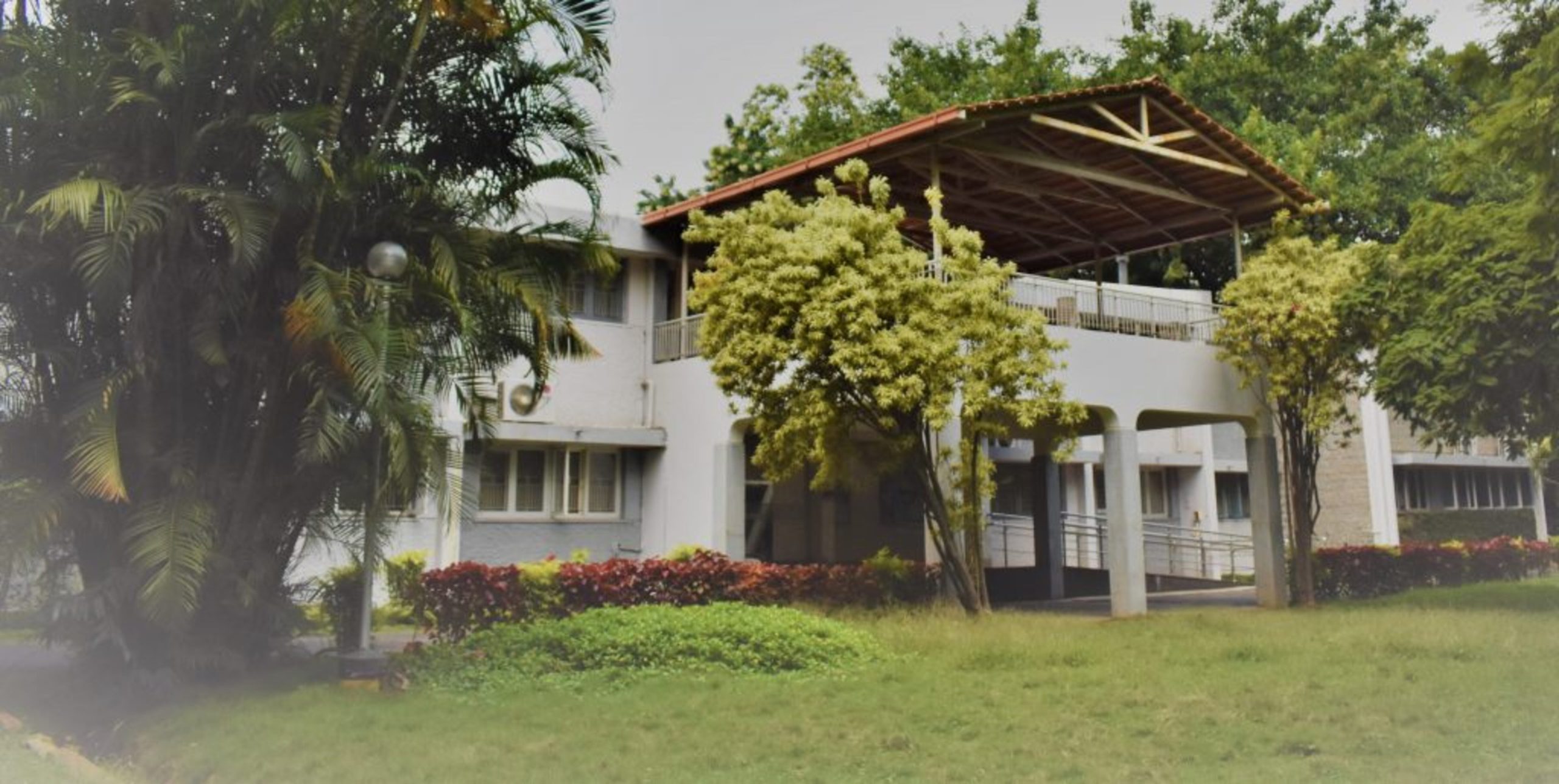
The 2nd Neuroscience of Consciousness Workshop: Perspectives on Self and Agency, Dec 11 -12, 2025
An open question in cognitive neuroscience is to understand how the brain and mind give rise to consciousness experience. Such consciousness experience is not only tied to awareness of the external world around us, but also extends to the awareness of internal states, such as our memories, emotions, thoughts, and actions, that together create a sense of self with agency. In this symposium, we bring together different perspectives from diverse fields ranging from Philosophy, Cognitive Science, Neuroscience, AI, and Psychiatry to discuss the nature of self and agency holistically.
Supported by- Prof. K.R. Sreenivasan and Dr. Sudha Sreenivasan Endowment Fund.
1st Workshop on Neuroscience of Consciousness, 16th June, 2024
Since the birth of civilization, humans have been deeply interested in consciousness. In ancient India, this interest fueled a rich tradition of contemplative thought. In contrast, the discipline of Neuroscience is relatively new but has grown exponentially over the last 100 years. Nevertheless, the neuroscience of consciousness, particularly in relation to ideas and practices developed through introspection, is largely unexplored.
To bridge this explanatory gap, we are starting the Neuroscience of Consciousness (NeuroConsciousness) initiative at the Centre for Neuroscience (CNS), IISc, to study various topics related to consciousness, with a focus on questions that can be addressed using state-of-the-art neuroscience approaches. The structure of the group is modular – with independent research groups pursuing different questions that fall under the broad theme of consciousness. This modularity is an important aspect of this group since questions related to consciousness often depend on how consciousness is defined, which may depend on philosophical and spiritual outlook. Modular projects allow different researchers to pursue their questions independently. The unifying aspect will be an annual flagship workshop in which researchers working on similar questions in the areas outlined below will be invited for talks and discussions. The long-term goal of this workshop is to bring researchers who work on consciousness and related topics together and to learn/discuss different ways by which consciousness research is undertaken around the world.
The flagship workshop will be funded through a generous endowment from Prof K.R. Sreenivasan of New York University to promote further scientific discourse on the topic of consciousness at the Centre for Neuroscience. The individual projects will be funded through external sources (competitive grants or separate endowments). Some on the ongoing projects are listed below.
-
- Project Dhyaan-The meditation project (Dr. Supratim Ray)
The goal of this project is to study the effect of various meditative practices on stimulus-induced gamma oscillations (30-80 Hz) recorded using electroencephalogram (EEG). EEG often show rhythmic patterns at various frequency bands such as alpha (8-12 Hz) and gamma, which have been linked to different behavioural states and have been shown to be modulated by meditation. However, researchers so far have mainly focused on endogenous brain waves. Gamma waves, which have been heavily linked with high-level cognition, can also be induced by presentation of certain visual stimuli. Further, these stimulus-induced-gamma waves weaken with age and mental disorders such as Alzheimer’s Disease (AD). Our main goal is to study whether/how meditation affects stimulus-induced gamma.
Webpage : Project Dhyaan
-
- Neuroscience of Agency and Free Will (Dr. Aditya Murthy)
The difference between a wink and a blink, or more generally between a voluntary versus involuntary movement is an essential concept used in legal, ethical, and philosophical reasoning. At the core of the distinction between these types of movements is the notion of agency or self, which is linked with conscious awareness of the intention to act and the associated prediction of the consequences of the intended action. Using human subjects and neurological patients we hope to reveal the computations underlying the basis of such agency and reveal the neurological basis of disorders of agency and will.
-
- Circuit mechanisms for anaesthesia induced pain suppression (Dr. Arnab Barik)
General anesthetics are great tools to probe consciousness and arousal, as well as are effective analgesics. Importantly, anesthesia-induced analgesia does not suffer from the addictive properties of opiates, and the neural circuits recruited by anesthetics to facilitate the unconscious state can provide us with valuable leads to identify novel ways to address chronic pain in the clinic. Our long-term goal is to probe molecularly defined brain circuits central to anesthesia-induced pain suppression.
-
- Neuroscience of perception (Dr. SP Arun)
-
- Interaction between priming and conscious recall (Dr. Balaji Jayaprakash)
-
- Role of conscious processes in decision making (Dr. Ashesh Dhawale)

